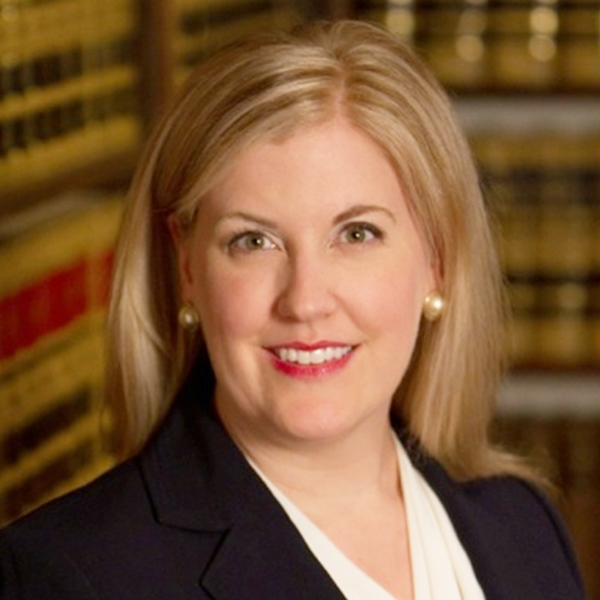Even the most thoughtful and thorough estate plan could go awry by a single factor: having the wrong person designated to help settle your estate or trust.
You may already ask clients to name executors or trustees in their estate plans. But how often do you focus on helping clients determine if that individual is actually the best person for the job? As someone with an understanding of the client’s financial plan as well as knowledge about family and personal dynamics that could affect a wealth transfer, you are in a good position to help clients select this person.
“Clients have a tendency to get caught up in who gets what,” says Leslie Geller, Wealth Strategist at Capital Group. “But none of that matters unless the client has picked someone prepared to carry out her wishes.”
The person serving in the role of executor or trustee has a fiduciary duty to the beneficiaries of the estate or trust, making them the linchpin to the smooth administration of a client’s estate. Executors are named in wills, and trustees are appointed when a client has a trust. Both positions are often filled by the same person, but if not, the primary responsibility often falls to the trustee.
It’s important to remind clients that since many people live longer these days, this person may also play a role if the client becomes incapacitated. Whomever your client appoints should be prepared for that transition as well.
Here’s how to help a client evaluate candidates and choose the best person to be their executor or trustee.




